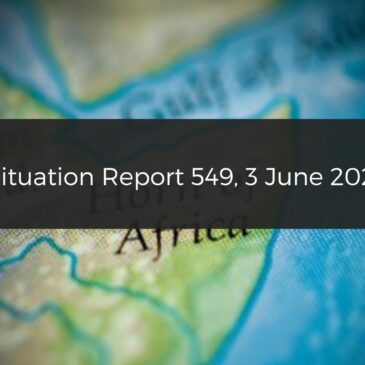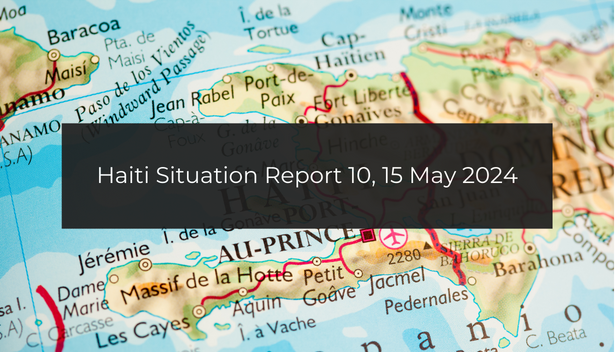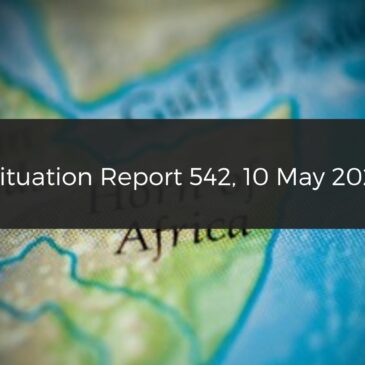Situation report: Sudanese refugees are being detained in secret military bases in Egypt; Fighting escalated in Khartoum Bahri between SAF and RSF; All Ethiopian troops ordered to leave Somalia by end of 2024
posted in: Africa, Al-Shahaab, Amhara, Asylum Seekers, Doctors without Borders, Education, Egypt, Eritrea, Ethiopia, European Union, Horn of Africa region, Human Rights abuses, Humanitarian Aid, Humanitarian Crisis, IOM, Kenya, Médecins Sans Frontières, Migration, Rapid Support Forces, Refugee Camps, Research, RSF, Situation report, Situation Reports, Somalia, Somaliland, South Sudan, Starvation, Sudan, Sudanese Armed Forces, Tigray, United Nations, United States, UNSC |
0
SITUATION REPORT – HORN OF AFRICA
No. 549 – 3 June 2024




